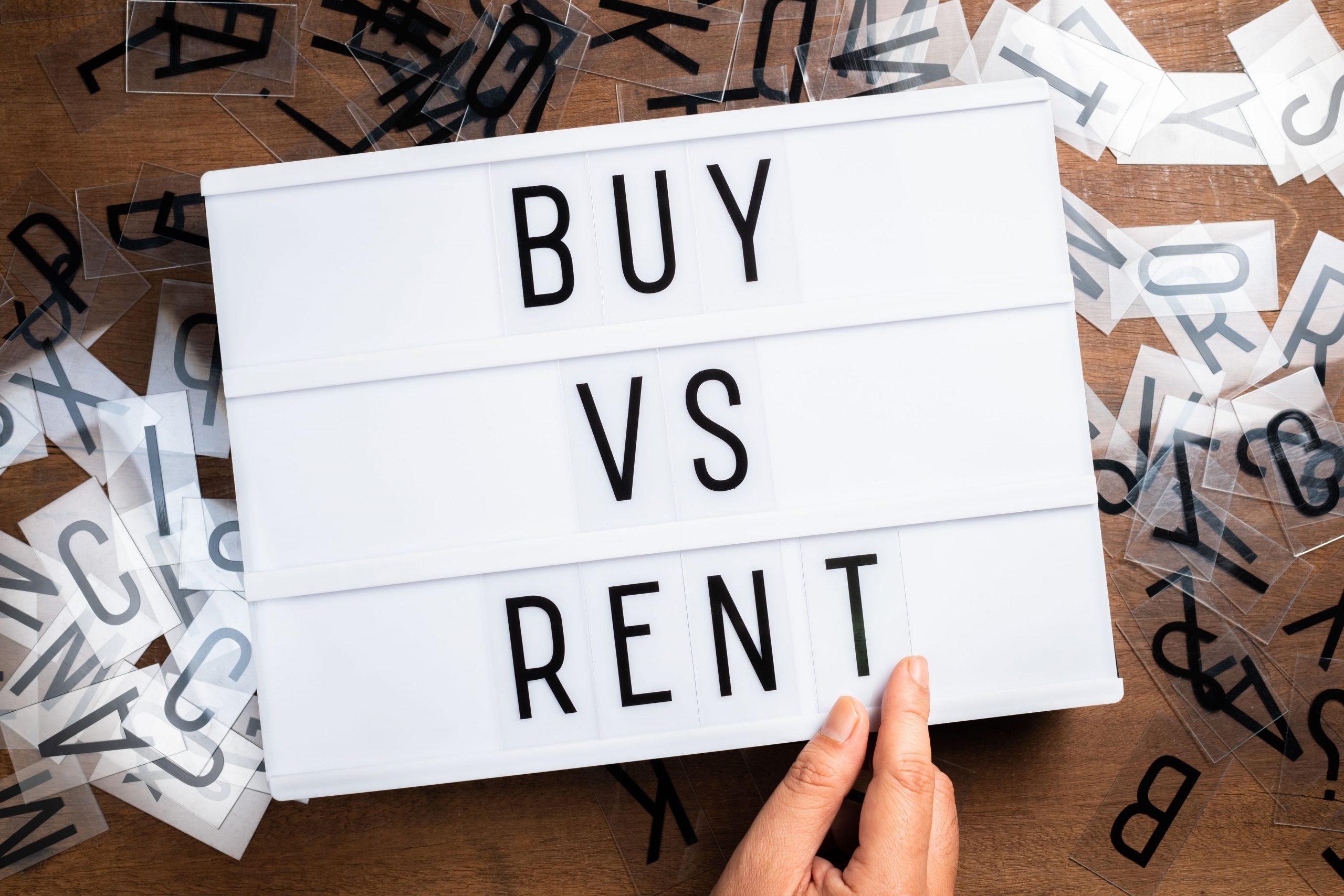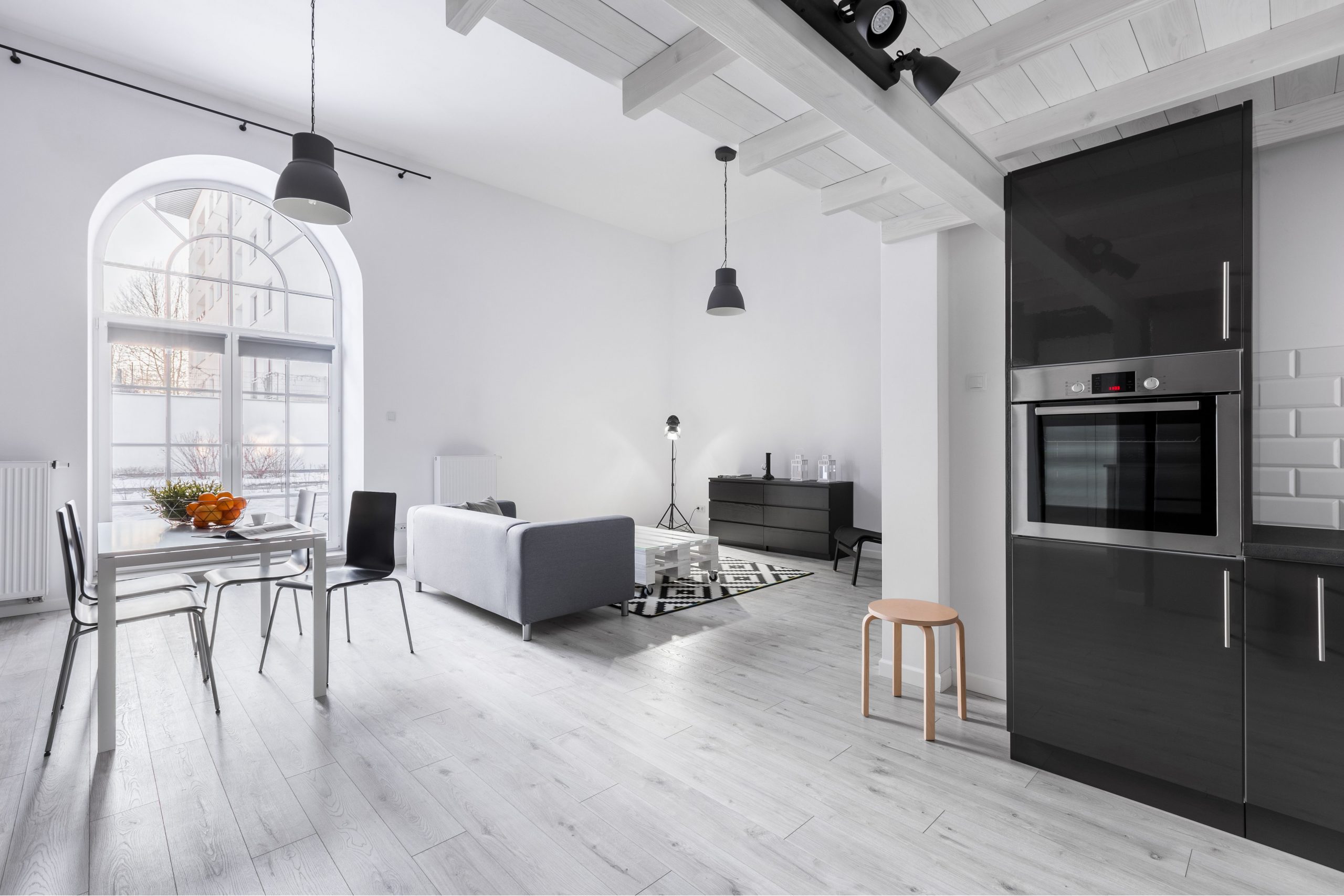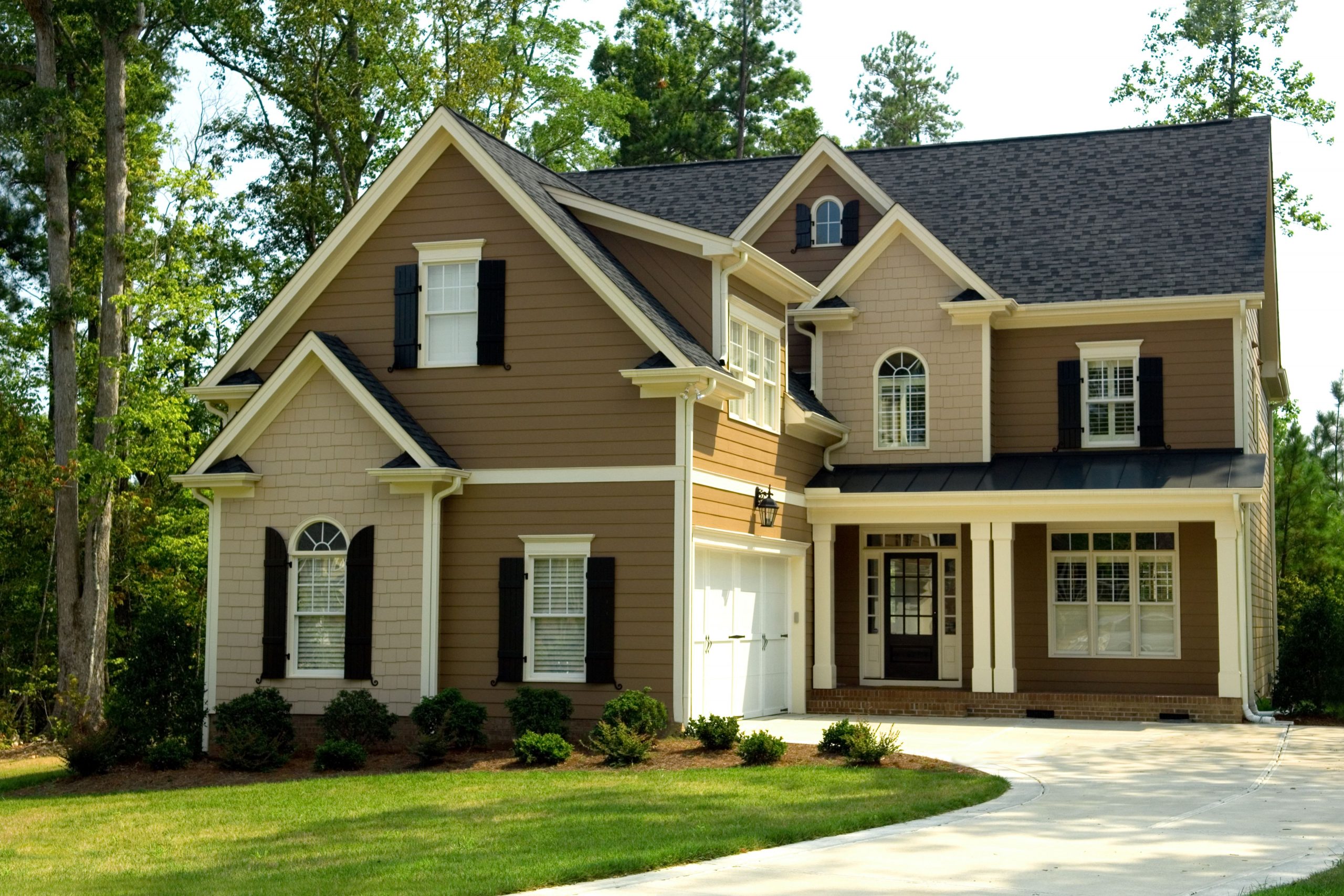
Hi! I'm Kim!
Enjoy this article with your favorite cup of tea or coffee!
Renting vs. Buying: Finding Your Home's Perfect Fit

In the journey of finding a place to call home, one of the most pivotal decisions to make is whether to rent or buy. Each option carries its own set of advantages and disadvantages, and understanding them is crucial in making the right decision that aligns with your lifestyle, preferences, and financial goals. Let's delve deeper into the pros and cons of renting versus buying, helping you navigate this significant choice with confidence and clarity.
Renting:

Pros:
-
Flexibility: Renting offers a level of flexibility that buying cannot match. Whether your job requires frequent relocation, you're exploring different neighborhoods, or you're uncertain about settling in one location for an extended period, renting provides the freedom to move without the hassle of selling a property.
-
Lower Initial Costs: Renting typically requires lower upfront costs compared to buying a home. There's no need for a hefty down payment, and tenants are generally not responsible for expenses related to property maintenance, repairs, or property taxes. This can be particularly advantageous for individuals with limited savings or uncertain financial situations.
-
Minimal Responsibility: Renters are not responsible for major maintenance or repairs. When something breaks or malfunctions, it's usually the landlord's responsibility to fix it, relieving tenants of significant financial burdens and time-consuming tasks.
-
Accessibility to Amenities: Rental properties often come with amenities such as gyms, pools, or communal spaces that may be cost-prohibitive for homeowners. Renters can enjoy these facilities without the added expense and responsibility of maintenance.
Cons:
-
Limited Control and Customization: Renters have limited control over the property they inhabit. They may be restricted in terms of renovations, decorating, or even having pets. This lack of control can lead to a feeling of impermanence and dissatisfaction with the living space.
-
No Equity Building: Unlike homeowners, renters do not build equity in the property. Monthly rent payments go towards the landlord's investment rather than building personal wealth. In the long term, this can mean missing out on a valuable opportunity for financial growth.
-
Rent Increases: Rent prices are subject to change, and landlords may raise the rent periodically, impacting the affordability of the housing situation. This lack of predictability can make it challenging to budget effectively and plan for the future.
-
Limited Stability: Renting provides less stability compared to homeownership. Landlords may decide to sell the property or terminate the lease, forcing tenants to find alternative housing. This uncertainty can disrupt long-term plans and create stress for renters.
Buying:

Pros:
-
Investment and Equity: One of the most significant advantages of buying a home is the opportunity to build equity. With each mortgage payment, homeowners increase their ownership stake in the property, which can serve as a valuable asset and source of wealth accumulation over time.
-
Stability and Long-Term Planning: Homeownership provides a sense of stability and security. It allows individuals to establish roots in a community, build relationships with neighbors, and create a space that reflects their personal preferences and lifestyle. Additionally, owning a home offers the ability to plan for the long term, whether it's for retirement or generational wealth.
-
Tax Benefits: Homeownership comes with several tax benefits, including deductions for mortgage interest, property taxes, and certain closing costs. These tax incentives can help offset the costs associated with homeownership and provide additional financial relief.
-
Sense of Pride and Control: Homeownership offers a sense of pride and control over one's living space. Homeowners have the freedom to customize and personalize their property according to their preferences, whether it's through renovations, landscaping, or decor choices.
Cons:
-
Financial Commitment: Buying a home requires a significant financial commitment, including a down payment, closing costs, and ongoing expenses such as mortgage payments, property taxes, insurance, and maintenance. It's essential to carefully consider these costs and ensure they align with your budget and financial goals.
-
Market Fluctuations: Real estate markets are subject to fluctuations, and the value of a home can rise or fall over time. Economic factors, housing trends, and local market conditions can impact the resale value of a property, potentially affecting your investment.
-
Responsibility for Maintenance: Homeownership entails responsibility for maintenance and repairs. From routine upkeep to unexpected emergencies, homeowners must be prepared to invest time, effort, and money into maintaining their property's condition and value.
-
Less Flexibility: Compared to renting, homeownership offers less flexibility in terms of mobility. Selling a home can be a time-consuming process, and homeowners may face challenges if they need to relocate quickly due to job changes or other circumstances.
In conclusion, the decision between renting and buying is highly personal and dependent on individual circumstances, preferences, and financial considerations. While renting offers flexibility and minimal responsibility, buying provides stability, investment opportunities, and the pride of homeownership. By carefully weighing the pros and cons of each option and considering your long-term goals, you can make an informed decision that best suits your lifestyle and sets you on the path to achieving your housing dreams. Whether you choose to rent or buy, remember that the right decision is the one that aligns with your unique needs and aspirations for the future.

